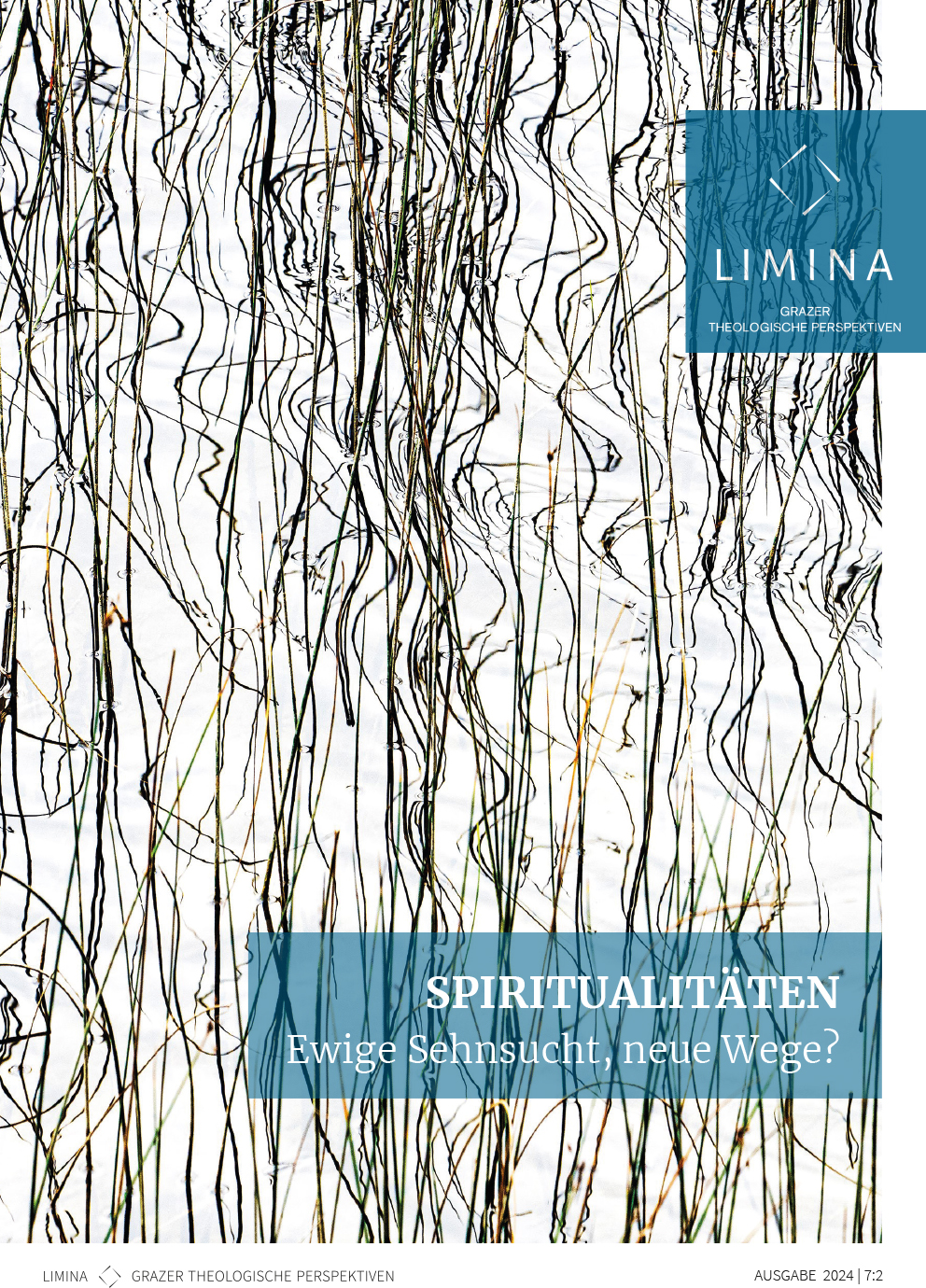The God who does not save Spiritual paths through illness and vulnerability in John of the Cross and Dietrich Bonhoeffer
Main Article Content
Abstract
This article addresses the theme of vulnerability and physical and mental illness as a possible pathway to a spiritual journey. A pointed analysis of the concepts of ‘dark night’ in St John of the Cross and ‘powerlessness of God’ in Dietrich Bonhoeffer is proposed, noting a specific theological correlation between the two notions. The work bases its analysis on a theological-contemporary hermeneutic regarding the notion of ‘dark night’, which is here interpreted from the perspective of a ‘passive-permission’ of God. In this sense, pain, physical and psychic illness and the vulnerability of the human condition signify for man and woman the entry into a terrible ‘darkness’ not actively willed but inexplicably permitted by God. Through such a ‘nocturnal happening’ God reveals himself in all his passivity and impotence: he is not the saviour God one encounters on the road of pain and night, nor – as the Lutheran theologian Bonhoeffer would say – the ‘stop-gap-God’. In the night of psycho-physical pain, man and woman rather encounter ‘the God who does not save’. God’s passive-permission is a revelation of his own ‘weakness’: but in such passivity one can experience, miraculously, a divine activity ‘in extremis’. Through the terrible experience of vulnerability and physical and mental illness, men and women are given the opportunity to mysteriously perceive God’s dark nearness and, precisely through their helplessness, to feel comforted and saved by him.
Article Details

This work is licensed under a Creative Commons Attribution 4.0 International License.
The author(s) retain copyright without any restriction.
LIMINA provides immediately upon publication open access to its content. The content of this journal is licensed under the Creative Commons Attribution 4.0 International Licence. By submitting a contribution, the author(s) agree(s) to the terms of use of the CC BY licence.

